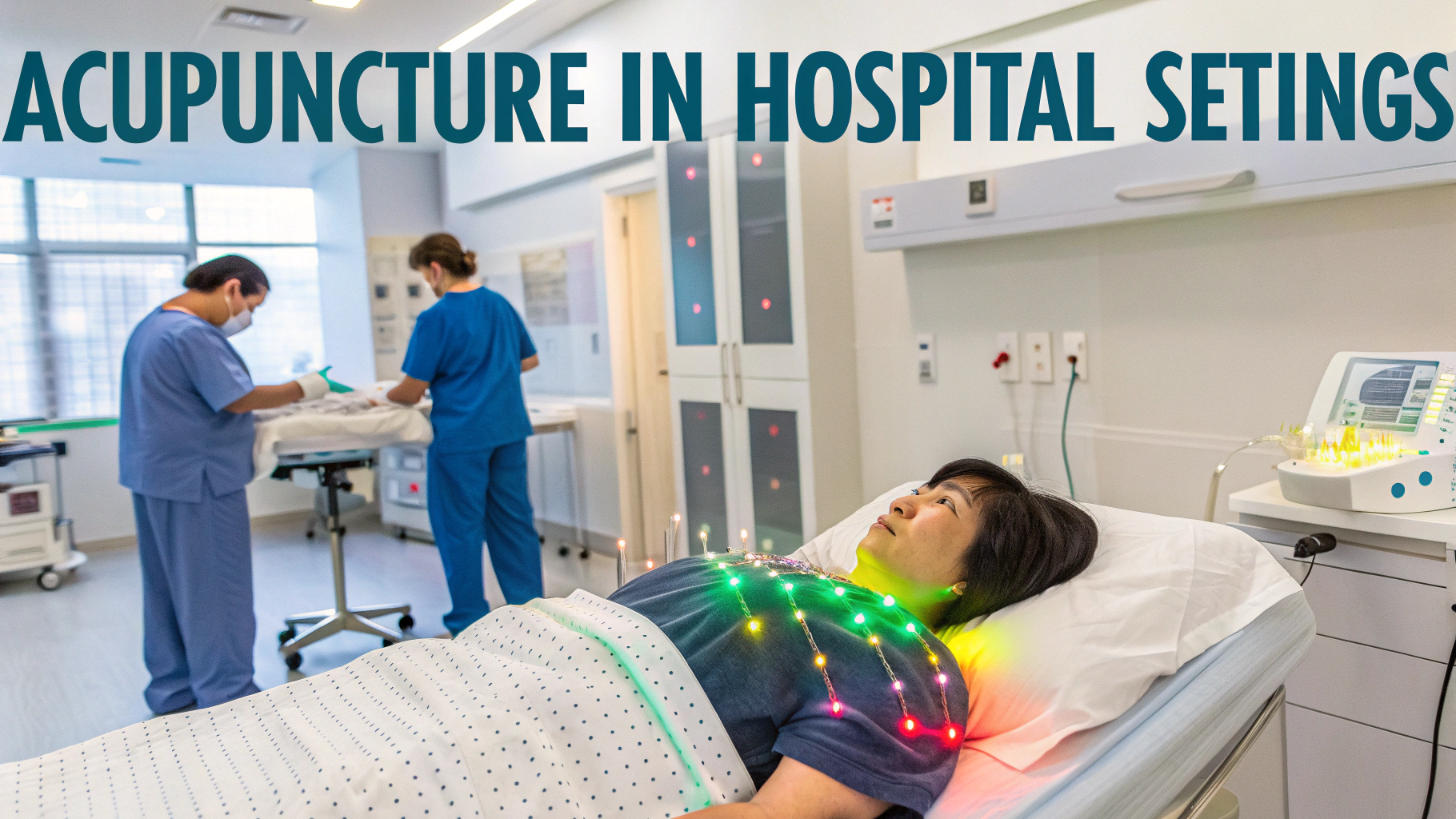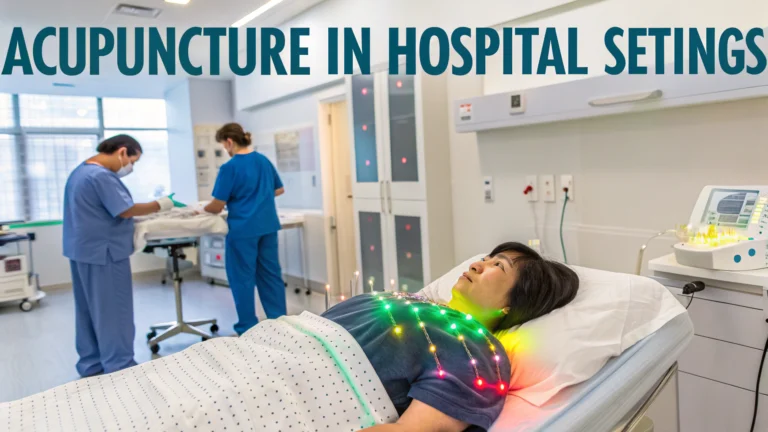Acupuncture offers a natural approach to managing seasonal allergy symptoms by targeting specific pressure points that can help regulate the immune system’s response to allergens.
Traditional Chinese Medicine (TCM) practitioners have used this technique for centuries to provide relief from sneezing, congestion, and other common allergy symptoms without the side effects often associated with conventional medications.
Scientific research increasingly supports acupuncture’s effectiveness for allergy relief, with multiple studies showing significant improvements in patients’ symptoms and quality of life.
How Acupuncture Works for Allergies
Acupuncture treatments involve inserting thin needles into specific points along the body’s meridians to balance energy flow and stimulate natural healing responses.
- Reduces inflammation in nasal passages
- Strengthens immune system function
- Decreases histamine production
- Improves lymphatic drainage
- Regulates nervous system response
Key Acupuncture Points for Allergy Relief
Point Name
Location
Benefits
LI 4
Hand
Relieves headaches and nasal congestion
LI 20
Beside nostrils
Opens sinuses
ST 36
Below knee
Boosts immune system
Treatment Schedule and Duration
A typical treatment plan starts with 1-2 sessions per week during allergy season.
- Initial course: 6-8 treatments
- Maintenance: Monthly sessions
- Preventive care: Start 4-6 weeks before allergy season
Combining Acupuncture with Other Treatments
Acupuncture works well alongside other allergy management strategies for enhanced results.
- HEPA air filters
- Nasal irrigation
- Chinese herbal medicine
- Dietary modifications
Finding a Qualified Practitioner
Look for acupuncturists certified by the National Certification Commission for Acupuncture and Oriental Medicine (NCCAOM).
Contact the American Academy of Medical Acupuncture (www.medicalacupuncture.org) to find licensed practitioners in your area.
What to Expect During Treatment
- Initial consultation: 60-90 minutes
- Follow-up sessions: 30-45 minutes
- Minimal discomfort during needle insertion
- Relaxing environment
Next Steps for Allergy Relief
Schedule a consultation with a licensed acupuncturist to create a personalized treatment plan for your specific allergy symptoms.
Track your symptoms before and during treatment to monitor progress and adjust the approach as needed.
Consider combining acupuncture with lifestyle changes and environmental controls for optimal results.
Insurance Coverage and Costs
Many insurance providers now cover acupuncture treatments for allergy management, though coverage varies by plan.
- Average cost per session: $75-150
- Initial consultation: $100-300
- Package deals often available
- FSA/HSA eligible expense
Potential Side Effects and Precautions
While acupuncture is generally safe, be aware of possible minor effects:
- Slight bruising at needle sites
- Temporary soreness
- Minor fatigue post-treatment
- Occasional light-headedness
Who Should Avoid Treatment
- Pregnant women (certain points)
- People with bleeding disorders
- Those taking blood thinners
Clinical Research Highlights
Recent studies demonstrate acupuncture’s effectiveness for allergic rhinitis:
- 2019 meta-analysis: 85% symptom improvement
- Reduced medication dependence
- Long-term benefits observed
- Minimal adverse effects reported
Taking Control of Your Allergy Health
Incorporating acupuncture into your allergy management strategy can provide natural, long-lasting relief. Consider starting treatment before your typical allergy season for preventive benefits.
Work with qualified practitioners who can customize treatments to your specific symptoms and medical history. Regular sessions, combined with preventive measures, can help you enjoy seasonal changes with fewer allergy concerns.
- Document your symptom changes
- Maintain consistent treatment schedule
- Communicate openly with your practitioner
- Stay committed to your comprehensive care plan
FAQs
- How does acupuncture help with seasonal allergies?
Acupuncture works by stimulating specific points that help regulate the immune system, reduce inflammation, and decrease histamine response. It helps balance the body’s qi (energy) and can provide relief from allergy symptoms. - How many acupuncture sessions are needed for allergy relief?
Most patients require 8-12 sessions initially, with treatments occurring 1-2 times per week. Maintenance sessions may be needed seasonally or monthly depending on symptom severity. - What allergy symptoms can acupuncture treat?
Acupuncture can help alleviate common allergy symptoms including sneezing, runny nose, itchy eyes, congestion, sinus pressure, headaches, and postnasal drip. - When should I start acupuncture treatment for seasonal allergies?
It’s best to begin treatment 4-6 weeks before your typical allergy season starts to help prevent or reduce symptoms. However, treatment can still be effective once symptoms have begun. - Is acupuncture for allergies supported by scientific research?
Yes, several clinical studies have shown acupuncture’s effectiveness in treating allergic rhinitis. Research published in the Annals of Internal Medicine demonstrates significant improvement in allergy symptoms and quality of life. - Can acupuncture be combined with conventional allergy medications?
Yes, acupuncture can safely be used alongside antihistamines, decongestants, and other allergy medications. Some patients may be able to reduce their medication dosage over time with regular treatments. - Are there any side effects of acupuncture for allergy treatment?
Side effects are generally minimal but may include slight bruising or soreness at needle sites. Some patients experience temporary symptom relief followed by gradual improvement over several sessions. - What acupuncture points are typically used for allergies?
Common points include LI20 (below the nose), LI4 (hand), ST36 (below the knee), and GV23 (top of the nose), though treatment plans are customized for each individual. - Does insurance cover acupuncture for seasonal allergies?
Coverage varies by insurance provider and plan. Many insurance companies now cover acupuncture, but it’s important to verify coverage and whether a referral is needed. - How long do the effects of acupuncture last for allergy relief?
Results vary by individual, but many patients experience relief for several months after a complete treatment course. Regular maintenance sessions can help extend the benefits.
Author: AcupunctureMy
Related Posts
Acupuncture Research Standards
Research Corner
|
methodology, science
Research standards in acupuncture have evolved significantly over the past decades to ensure reliable, evidence-based results that can be replicated across different studies. The integration of modern scientific methods with ... Read more
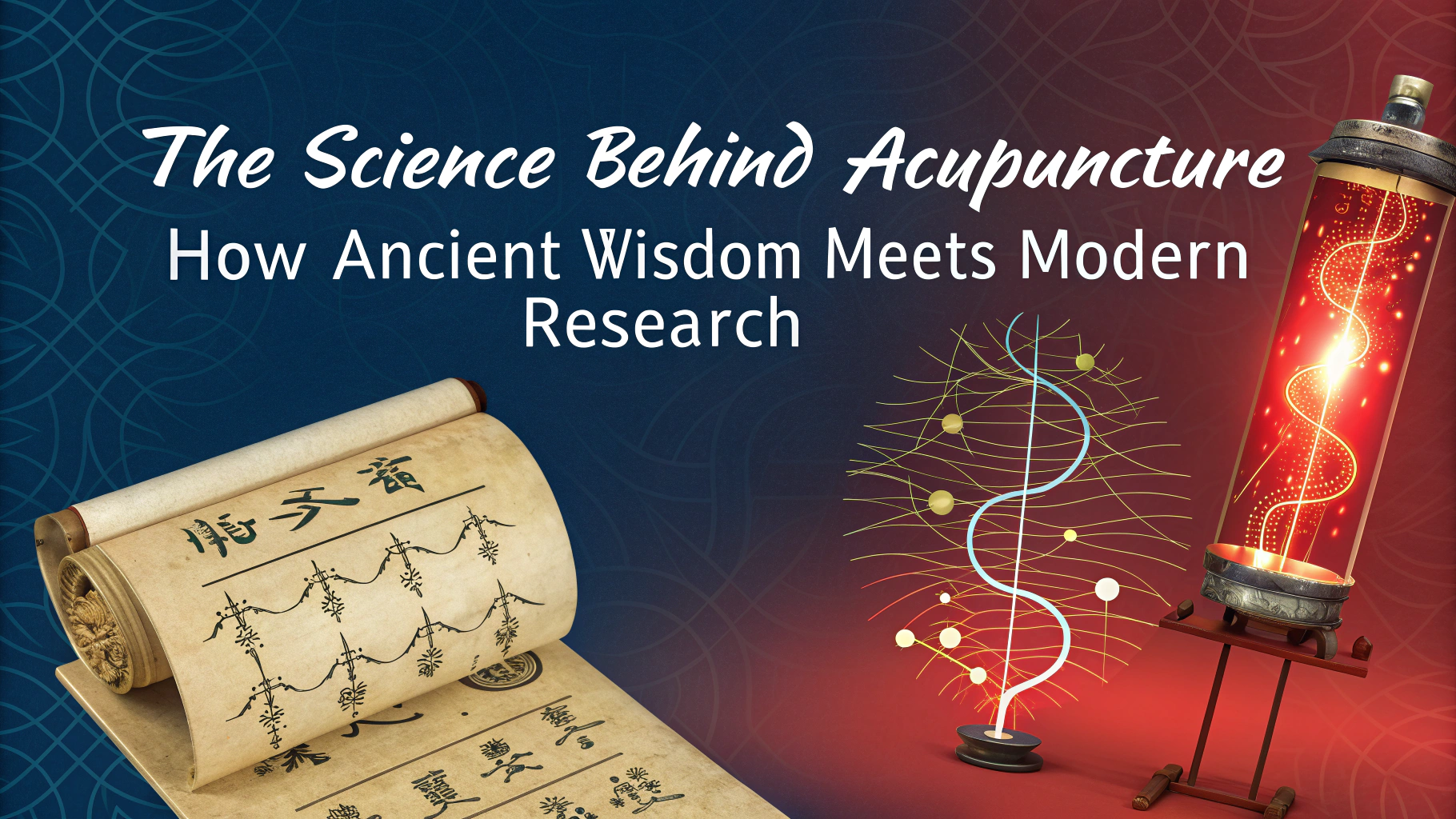
Understanding Treatment Duration
Treatment Guides
|
expectations, planning
The length of an acupuncture treatment plan varies significantly based on individual health conditions and treatment goals. A typical acupuncture session lasts between 30-60 minutes, with the needles remaining in ... Read more
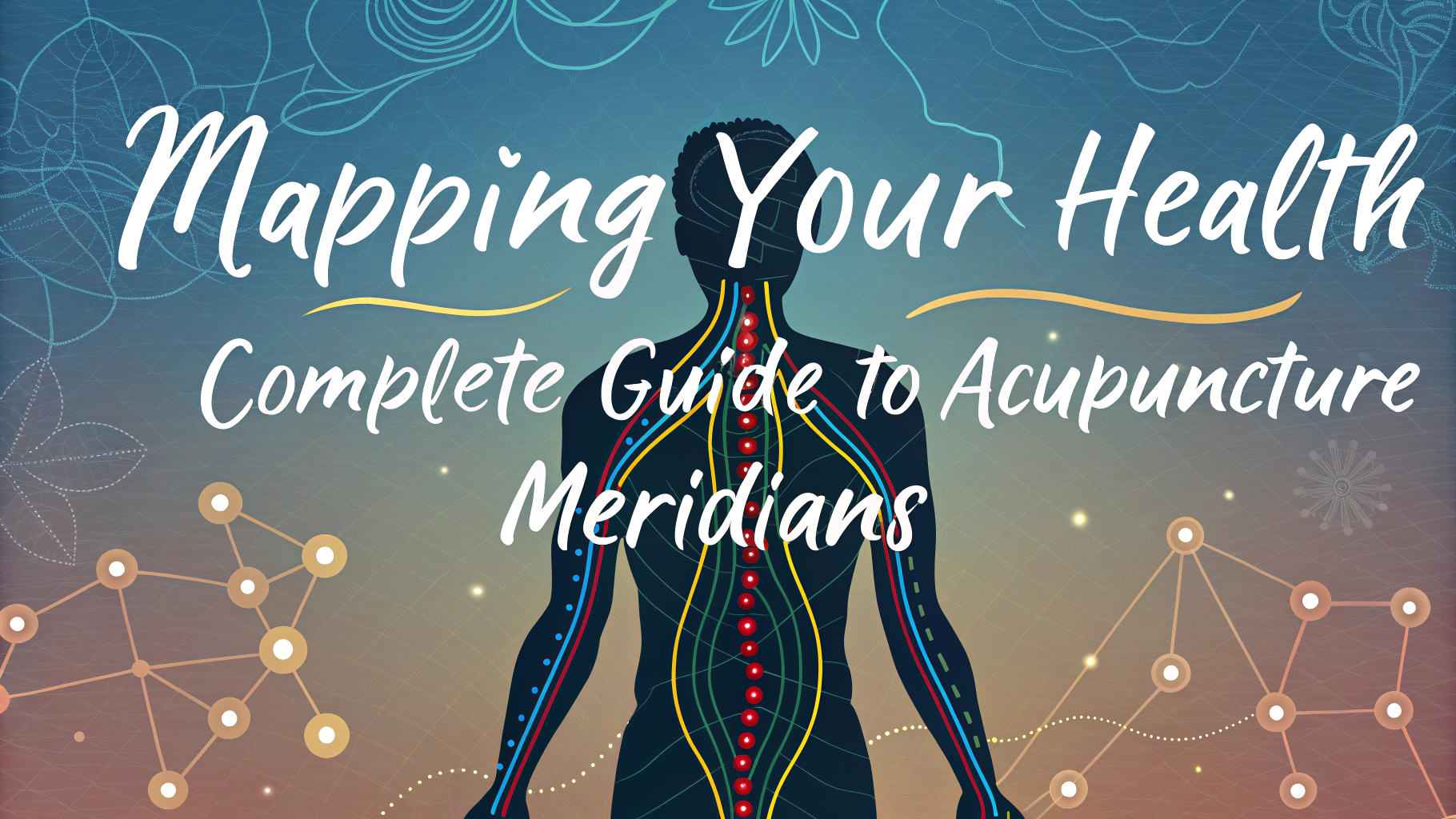
Traditional Chinese Medicine Weather Theory
Fundamentals
|
environment, health
Traditional Chinese Medicine (TCM) recognizes intricate connections between weather patterns and human health, developing sophisticated frameworks for understanding these relationships over thousands of years. Weather changes can significantly impact our ... Read more

Acupuncture for Sinus Health
Conditions Treated
|
allergies, respiratory
Acupuncture offers a time-tested approach to managing sinus problems by targeting specific pressure points that can help relieve congestion, reduce inflammation, and restore proper sinus function. Traditional Chinese Medicine views ... Read more
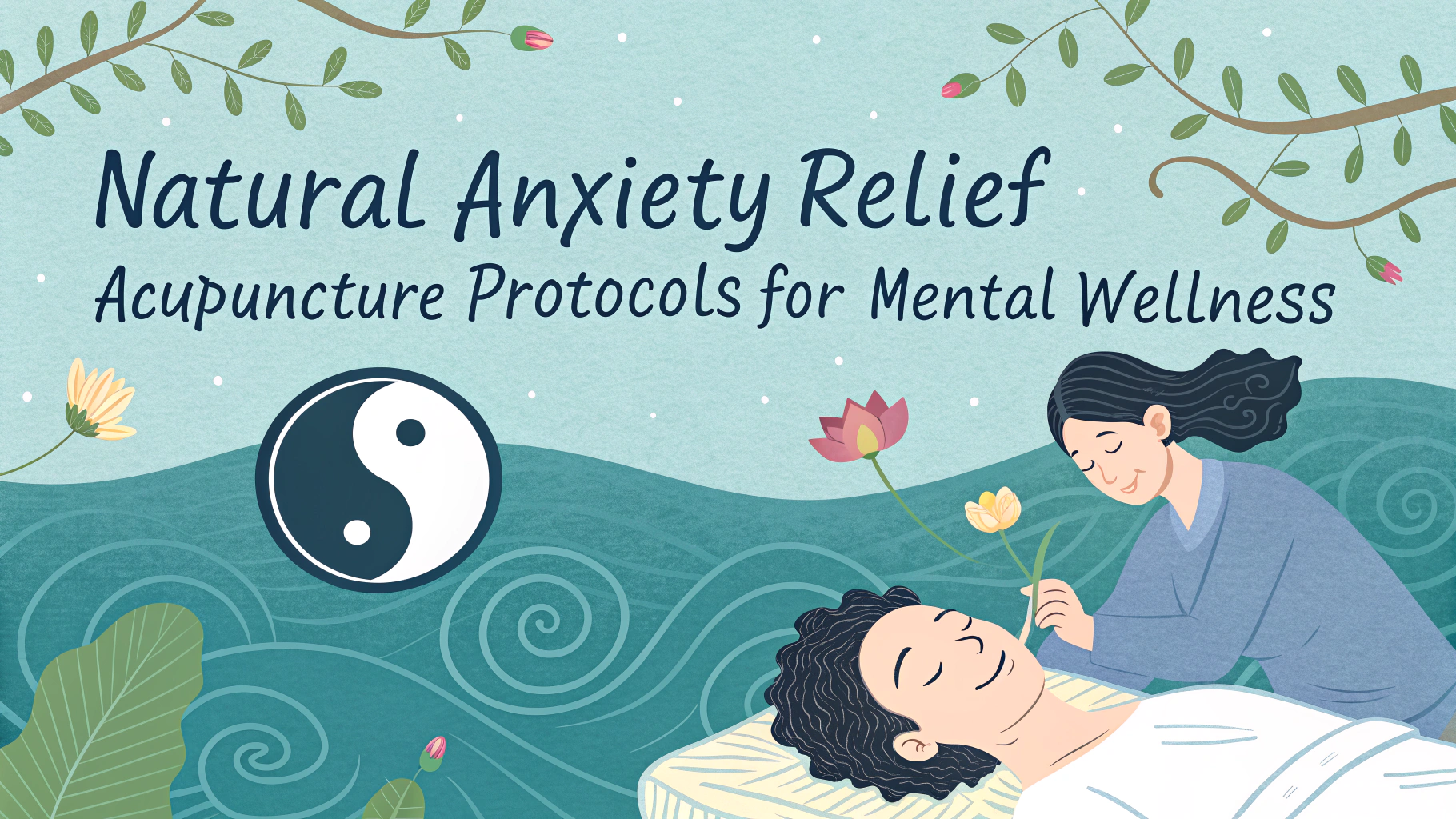
Understanding Point Selection
Fundamentals
|
technique, theory
Point selection stands as one of the most important aspects of effective acupuncture treatment. Skilled practitioners combine traditional wisdom with modern understanding to identify the optimal points for each patient’s ... Read more

Treating Computer-Related Pain
Conditions Treated
|
ergonomics, pain
Computer-related pain affects millions of people who spend long hours working at their desks. Acupuncture offers a natural, effective treatment option for various musculoskeletal issues that develop from prolonged computer ... Read more

Acupuncture for Lymphatic Health
Conditions Treated
|
circulation, immunity
Acupuncture offers a time-tested approach to supporting lymphatic health through strategic needle placement and gentle stimulation techniques. This ancient Chinese medicine practice helps activate lymph flow, reduce swelling, and enhance ... Read more

Understanding Treatment Intervals
Treatment Guides
|
frequency, scheduling
Treatment intervals for acupuncture can significantly impact the effectiveness of your healing journey. The frequency of acupuncture sessions depends on your specific health condition, severity of symptoms, and overall treatment ... Read more
